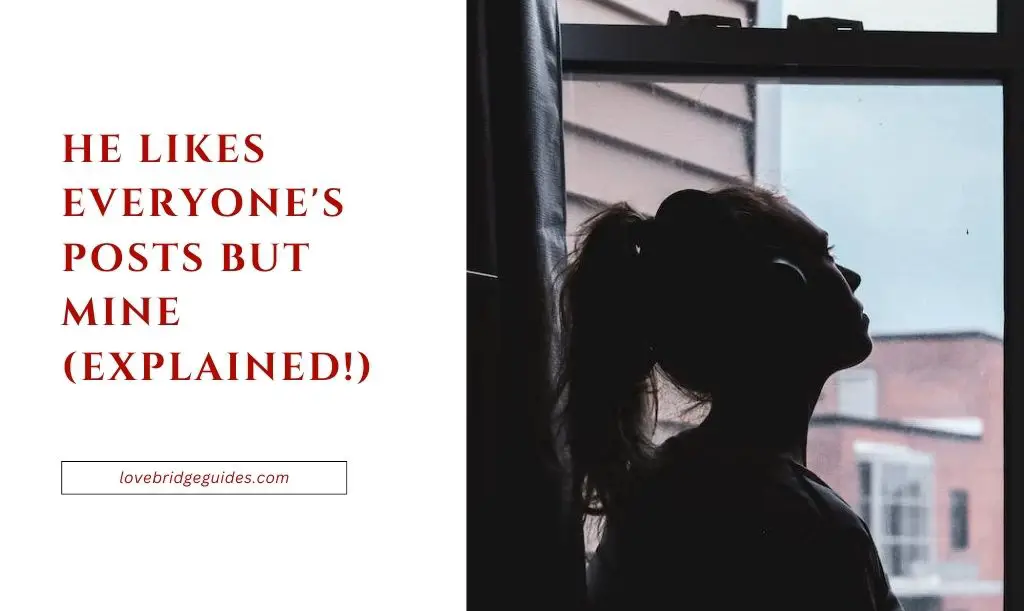‘He likes everyone’s posts but mine’
It is no secret that social media possesses an irresistible charm that draws people in like moths to a flame.
The promise of connection, validation, and self-expression lures individuals from all corners of the globe into these digital realms.
With just a few taps on their smartphone screens or clicks on their computer keyboards, they can enter into a world where their thoughts are heard, their photos are admired, and their existence is affirmed.
Social media provides an avenue for us to curate our lives meticulously while seeking recognition from our peers.
The Psychology Behind Likes: The Allure of Validation
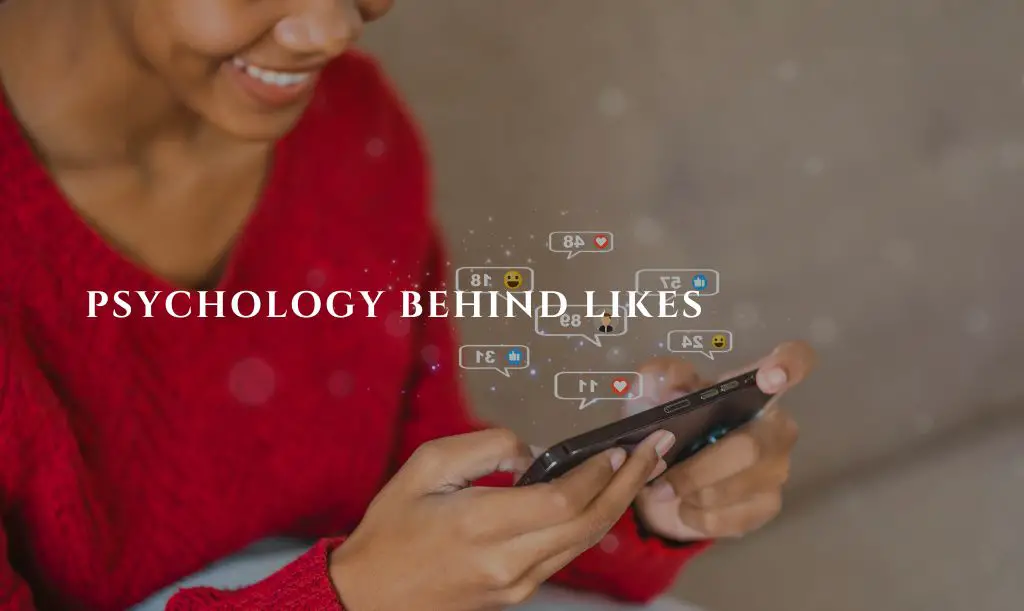
The “like” button is a seemingly innocuous feature that has become the lifeblood of social media platforms.
It holds within it the power to ignite a whirlwind of emotions, triggering a rush of dopamine in our brains like a euphoric tidal wave.
We are wired to seek validation, and receiving likes on our posts taps into this innate desire for acceptance and recognition.
Each notification serves as a pat on the back, boosting our self-esteem and confidence.
It’s as if every flicker of that little heart icon reaffirms our worthiness in the vast digital realm.
How Receiving Likes Boosts Self-Esteem and Confidence
Let’s be honest – who doesn’t enjoy basking in the glow of admiration?
When we receive an influx of likes on our posts, it instills a sense of pride within us.
We feel validated, reassured that what we have shared resonates with others.
This surge in self-esteem leads us to believe that we’ve struck gold with our content and have successfully captured people’s attention amidst their endless scrolling feeds.
Moreover, an abundance of likes gives us confidence; it solidifies our beliefs that we are witty, intelligent, or downright fascinating individuals whose thoughts are worth sharing with the world.
As each like pours in like drops from an elixir of popularity, we can’t help but feel an unwavering sense of accomplishment.
The Addictive Nature of Social Media Validation
Unfortunately (or perhaps fortunately), this quest for validation through likes has taken on addictive qualities – qualities that can cripple our mental well-being without us even realizing it.
Social media platforms have cleverly engineered their systems to keep us hooked by creating an insatiable need for validation.
The more likes we receive, the more we crave them.
It’s a never-ending cycle of validation-seeking, fueling our addiction to social media.
The addictive nature of social media validation can consume us, dictating our self-worth and influencing our emotional state.
We find ourselves anxiously checking our posts, refreshing the page tirelessly in hopes of witnessing that ever-increasing numbers of likes.
This addiction to digital approval is not only detrimental to our mental health but also breeds unhealthy competition and comparison among users.
So, while receiving likes provides a momentary high, it’s crucial to recognize the psychological underpinnings at play and reflect on the impact they have on our well-being.
Are we truly finding fulfillment in virtual affirmation? Or are we becoming slaves to a fleeting dopamine rush?
He Likes Everyone’s Posts But Mine: Possible Reasons for the Selective Liking Behavior
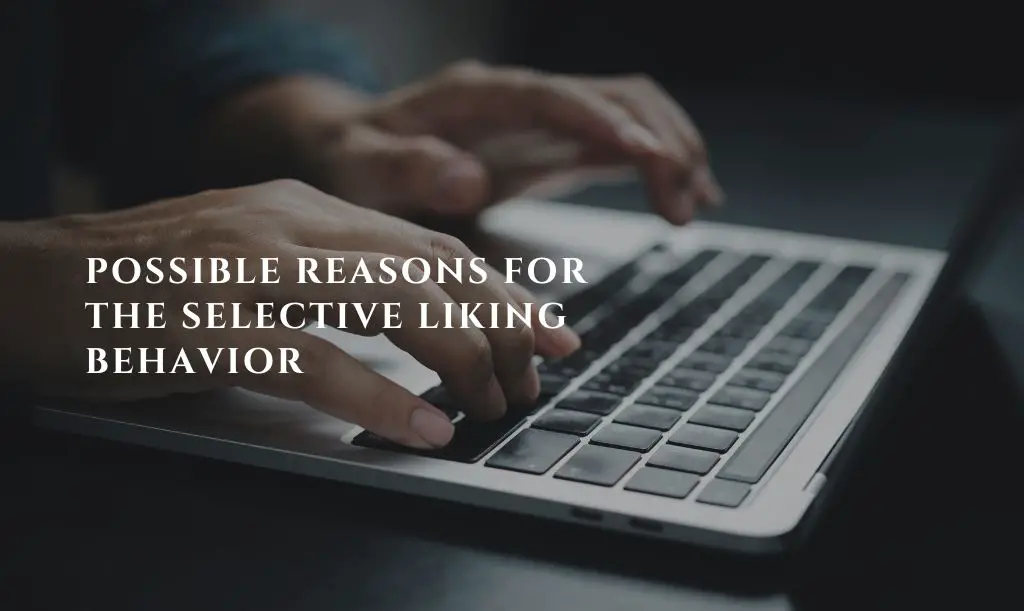
When confronted with the perplexing reality that someone seems to like everyone’s posts but yours, it is natural to wonder if there may be a subconscious bias or preference at play.
Perhaps this individual has stronger personal connections with others in their online network, leading them to prioritize those relationships when it comes to engaging with content.
Favoritism dynamics are an inherent part of human nature, and it is no different in the digital realm.
People tend to gravitate towards those they feel more connected to, either due to shared interests, experiences, or even physical proximity.
It is possible that this selective liking behavior stems from such natural inclinations.
Unconscious Biases That Influence Online Interactions
In examining the possibility of subconscious biases influencing online interactions, we must acknowledge the power of our deeply ingrained beliefs and stereotypes.
These unconscious biases can subtly shape our perception and judgment even in seemingly trivial matters like social media engagement.
Factors such as race, gender, social status, or even appearance can subconsciously influence how we respond to certain individuals’ posts compared to others’.
Although these biases are often unintentional and largely unconscious, they play a significant role in shaping our behaviors online.
It is imperative that we reflect on our own biases and strive for fairness and inclusivity even within the seemingly detached world of social media.
Algorithmic Anomalies and Technical Glitches:
The enigma lies in acknowledging that sometimes it might not be personal at all.
Social media platforms employ complex algorithms designed to curate content tailored specifically for each user’s feed based on their preferences, engagement history, and other metrics.
These algorithms play a pivotal role in what we see and, consequently, what receives our likes.
However, the inner workings of these algorithms remain shrouded in secrecy.
They are subject to constant updates and modifications, which can inadvertently introduce bugs or quirks.
It is possible that the selective liking behavior we observe is a result of algorithmic anomalies or technical glitches beyond our control.
Such erratic behavior further deepens the mystery surrounding this phenomenon.
By delving into these potential reasons for selective liking behavior—subconscious bias or preference, unconscious biases influencing online interactions, and algorithmic anomalies—we shed light on the complexities of social media dynamics.
While some factors may be within our control (like addressing biases), others lie beyond our reach (such as fixing algorithmic glitches).
Ultimately, understanding these nuances can help us navigate the digital landscape with a more informed perspective while also reminding us not to derive our self-worth solely from the number of likes received on social media platforms.
Delving Into The Intricacies Of Online Relationships
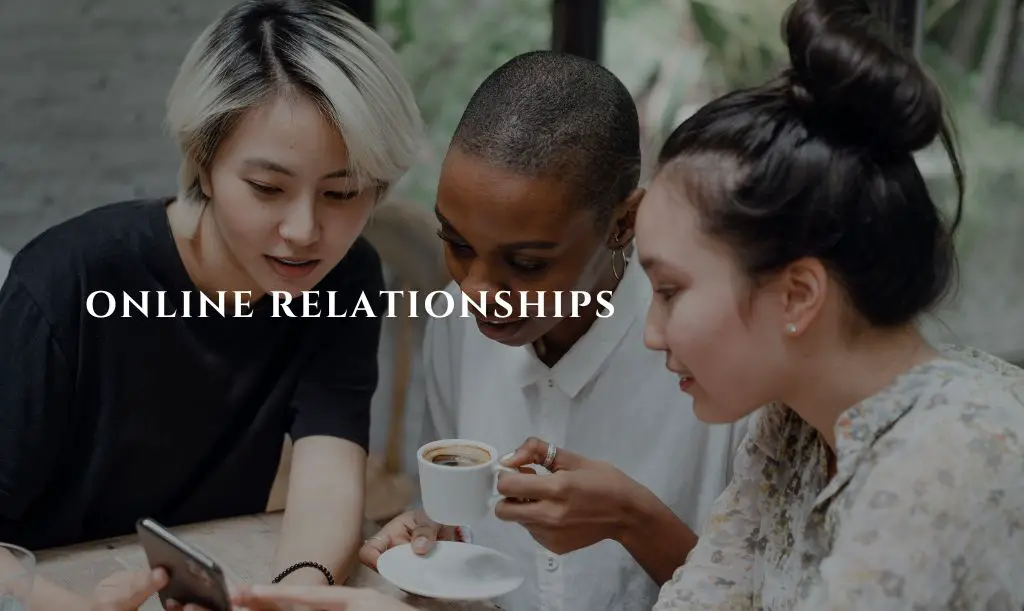
In order to unravel the perplexing enigma of why he likes everyone’s posts except yours, it becomes crucial to dig deep into the intricate realm of online relationships.
Begin by carefully scrutinizing past interactions and engagement patterns with this individual.
Has there been a noticeable trend where they consistently engage with others but seem to bypass your content?
Take note of specific instances where their liking behavior seemed particularly peculiar or divergent from their usual pattern.
This analysis will serve as a valuable foundation for exploring potential underlying reasons behind their selective liking habits.
Identifying Any Previous Conflicts Or Misunderstandings
Within the labyrinthine corridors of online communication, conflicts and misunderstandings can often arise, leading to strained relationships and altered social dynamics.
It is imperative to reflect upon any such instances that may have occurred between you and this individual in the past.
Perhaps there was a disagreement on a contentious topic, a misinterpretation of intentions, or even an unintended offense caused by a careless comment.
These events can leave lasting imprints on an online relationship, influencing subsequent behavior such as selective liking.
Identifying these incidents will aid in comprehending whether unresolved issues may be at play in this situation.
Assessing The Overall Dynamic Of The Relationship
To gain a comprehensive understanding of why someone favors other posts over yours, it is crucial to assess the overall dynamic of your online relationship with them.
Consider factors such as frequency and quality of interactions, shared interests or commonalities, and even geographical proximity if applicable.
Reflect on whether your connection has remained consistent over time or if there have been significant shifts in engagement levels or intimacy within your interaction sphere.
This assessment serves as an important lens through which you can comprehend how these elements contribute to their liking preferences.
Examining Communication Styles And Content Preferences
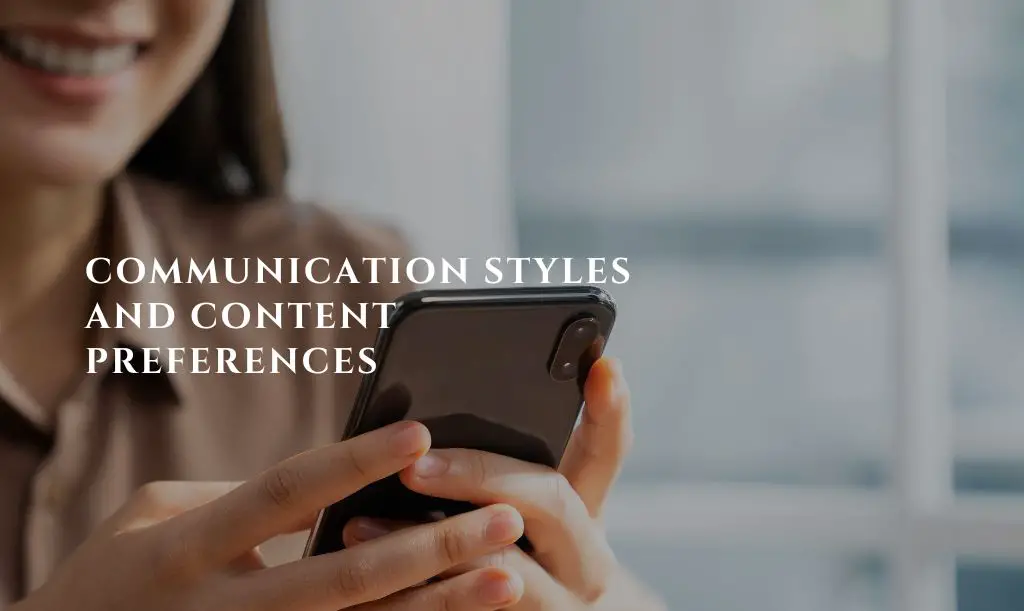
The intricate dance of online interactions is heavily influenced by various communication styles and content preferences.
Pay close attention to how this individual communicates with others, both in terms of language style and tone.
Are they more formal or casual?
Do they tend to engage in lengthy conversations or prefer concise interactions?
Additionally, examine the types of content they typically engage with.
Is their preference for specific topics or themes apparent?
Understanding these nuances will aid in deciphering whether your own communication style and the nature of your posts align with their preferences.
Differentiating Between Personal Interests And Content Alignment
It is important to distinguish between personal interests and content alignment when considering why someone seems to bypass your posts while consistently engaging with others.
While it may be disheartening to witness this behavior, it does not necessarily imply a personal disregard for you as an individual.
Instead, examine whether the content you share resonates strongly with their own interests and passions.
If there is a misalignment in terms of subject matter or relevance to their lives, it could explain why your posts receive less attention.
Remember that online relationships are multifaceted, encompassing various aspects beyond mere liking patterns.
Understanding How Communication Styles May Affect Engagement
The intricacies of online relationships are significantly influenced by how communication styles impact engagement levels.
Every individual possesses a different approach when it comes to expressing themselves through digital platforms.
Reflect upon whether your own communication style may inadvertently discourage engagement from this particular person.
Consider factors such as clarity of expression, ability to spark intriguing conversations, or even the degree of thoughtfulness evident in your posts’ structure.
Acknowledging how one’s chosen mode of expression can affect others’ willingness to engage will shed light on potential reasons behind why they seem more inclined towards other individuals’ posts.
As you embark on this journey through the intricate landscape of online relationships, remember that understanding the motivations behind someone’s selective liking behavior requires empathy, open-mindedness, and a willingness to consider factors beyond personal biases.
By delving into past interactions, assessing overall dynamics, and analyzing communication styles and content preferences, you’ll be equipped with valuable insights that may help unravel this perplexing phenomenon.
The Role of Envy, Competitiveness, or Jealousy in Digital Spaces
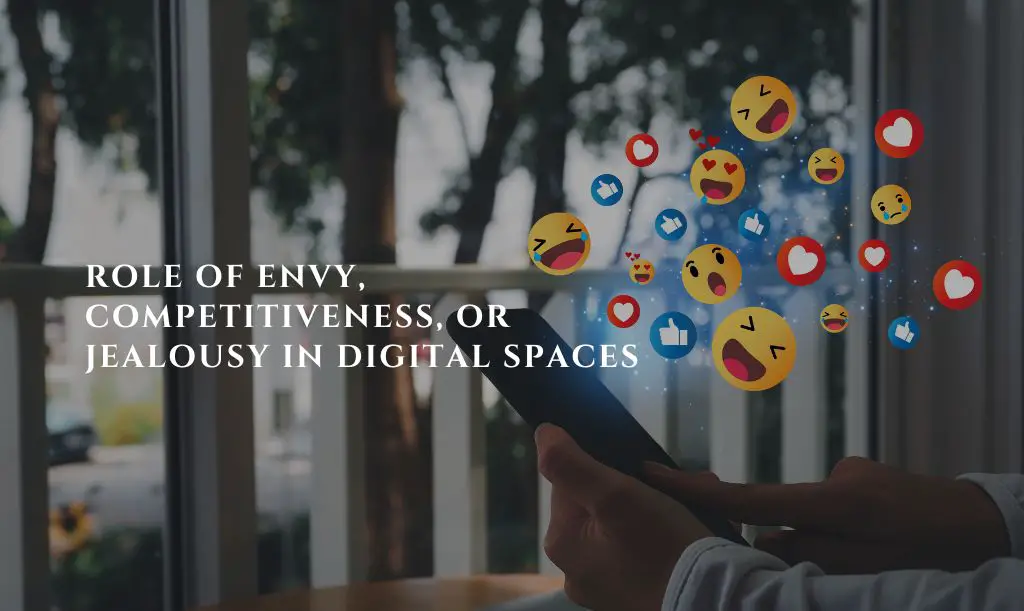
In the vast realm of social media, where we showcase our lives and seek validation from others, it is only natural for emotions such as envy, competitiveness, and jealousy to rear their ugly heads.
These deep-rooted feelings play a significant role in motivating selective liking behaviors.
Envy arises when we perceive others as having something we desire but lack ourselves.
It gnaws at our soul when our posts are consistently overlooked while those around us bask in the glory of numerous likes.
The green-eyed monster of jealousy prompts us to question why someone else’s content is deemed more worthy than our own.
And let’s not forget about competitiveness—the incessant need to be on top or to prove oneself superior to others can trigger a subconscious aversion towards supporting their endeavors.
Uncovering Potential Feelings of Envy or Competition
Amidst the virtual landscapes of Facebook, Twitter, Instagram, and beyond, it’s almost impossible not to compare ourselves with those within our digital circles.
We fixate on the number of likes each post receives as an unspoken metric for measuring popularity and self-worth.
When someone persistently likes everyone’s posts except ours, it stirs up a whirlwind of emotions within us.
Are they intentionally neglecting us?
Do they view themselves as superior?
These questions swirl through our minds like a tempestuous storm cloud threatening to dampen our spirits.
The underlying envy or competition may stem from various factors—an inherent desire for recognition and admiration from others, a fear of being overshadowed by those who seem more successful or attractive online, or simply an innate human tendency to compare ourselves with one another.
In this digital era where everything is curated and filtered for perfection, it’s easy to get caught up in the vicious cycle of envy and competition.
How Jealousy Can Manifest in Online Environments
Jealousy manifests itself in peculiar ways within the realm of social media.
It can breed resentment towards those who consistently receive more likes and engagement than us, leading to a subconscious decision to withhold our own support.
That little green monster lurking deep inside us whispers, “If they won’t appreciate my posts, why should I appreciate theirs?”
This toxic mindset festers and corrodes friendships and connections built on mutual admiration.
Moreover, jealousy can drive us to seek validation through unconventional means.
We may resort to crafting attention-seeking posts or employing self-promotional tactics in an attempt to outshine others.
The online world becomes a battleground where each like is a victory and every post is a weapon aimed at toppling the success of others.
Envy, competitiveness, and jealousy are deeply ingrained emotions that can shape our behavior on social media platforms.
Uncovering these underlying feelings is essential for understanding why someone might selectively like everyone’s posts but ours.
By acknowledging these emotions within ourselves and fostering a supportive online environment built on genuine connection rather than comparison, we can pave the way for more meaningful interactions in this digital realm we call home.
Strategies For Coping With Perceived Neglect On Social Media Platforms
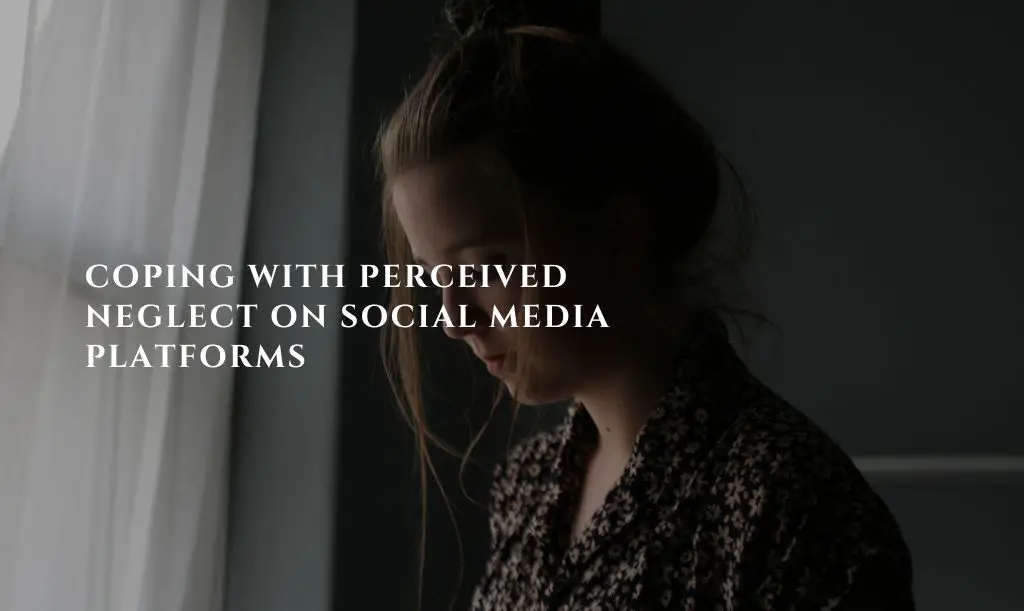
In the digital realm, it is paramount to foster open and honest communication about our expectations when it comes to social media interactions.
If you find yourself feeling neglected or excluded by someone’s selective liking behavior, it is essential to address the issue directly with them.
Approach the conversation in a calm and non-confrontational manner, expressing your concerns and seeking clarity on their actions.
By engaging in a genuine dialogue, you create an opportunity for understanding and potentially resolving any misunderstandings that may have caused this discrepancy in online engagement.
Encouraging Honest Conversations With Friends
When facing the disheartening reality of being left out of someone’s digital approval circle, it becomes crucial to initiate honest conversations with your friends.
Share your feelings of exclusion without blame or accusation, giving them a chance to explain their actions or provide reassurances.
Friends should be able to understand that their consistent omission from liking your posts can lead to negative emotions.
Constructive dialogue might strengthen relationships and bridge any gaps created by the selective pattern of likes.
Setting Boundaries For Online Interactions
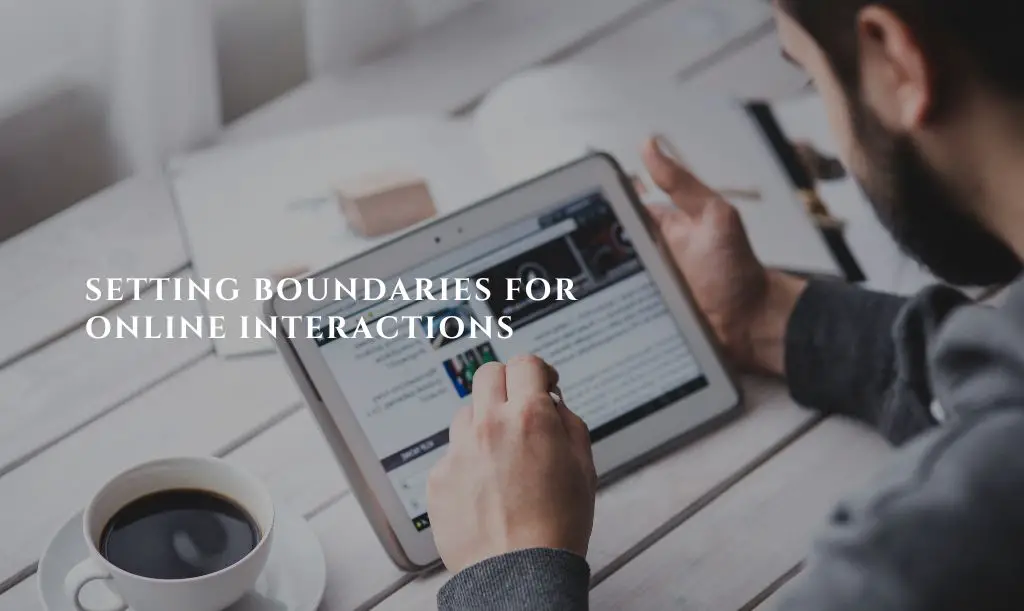
In an era where digital boundaries are often blurred or nonexistent, it becomes imperative to establish limits within our online relationships.
Evaluate how much weight you want to give likes on social media platforms and consider if they should affect your self-worth.
Remember that true validation comes from within yourself rather than external sources like virtual thumbs up icons.
By setting boundaries regarding what impact online interactions have on us emotionally, we take control over our own happiness and prevent ourselves from becoming overly reliant on these fleeting displays of approval.
He Likes Everyone’s Posts But Mine: Conclusion
‘He likes everyone’s posts but mine. What should I do?’
While the sting of being left out can be painful, especially in an era where virtual validation carries such significance, it is important not to let these selective likes dictate our self-worth.
By fostering open communication, engaging in honest conversations with friends, and setting boundaries for online interactions, we can navigate this digital landscape with greater resilience and emotional well-being.
Ultimately, it’s essential to remember that true worth extends far beyond the realm of social media and lies within our unique qualities and genuine connections.
So let us embrace the power of authenticity and seek validation from within ourselves, leaving the realm of selective likes behind in pursuit of genuine happiness.
Related Articles:
- https://lovebridgeguides.com/my-boyfriend-is-not-masculine-enough/
- https://lovebridgeguides.com/when-he-texts-you-at-3am/
- Does A Prom Date Mean Anything? (Answered!) - 20 February 2024
- Boyfriend Refers To Me In Third Person (Explained!) - 20 February 2024
- Is Sending Memes Flirting? Find Out Here! - 20 February 2024

